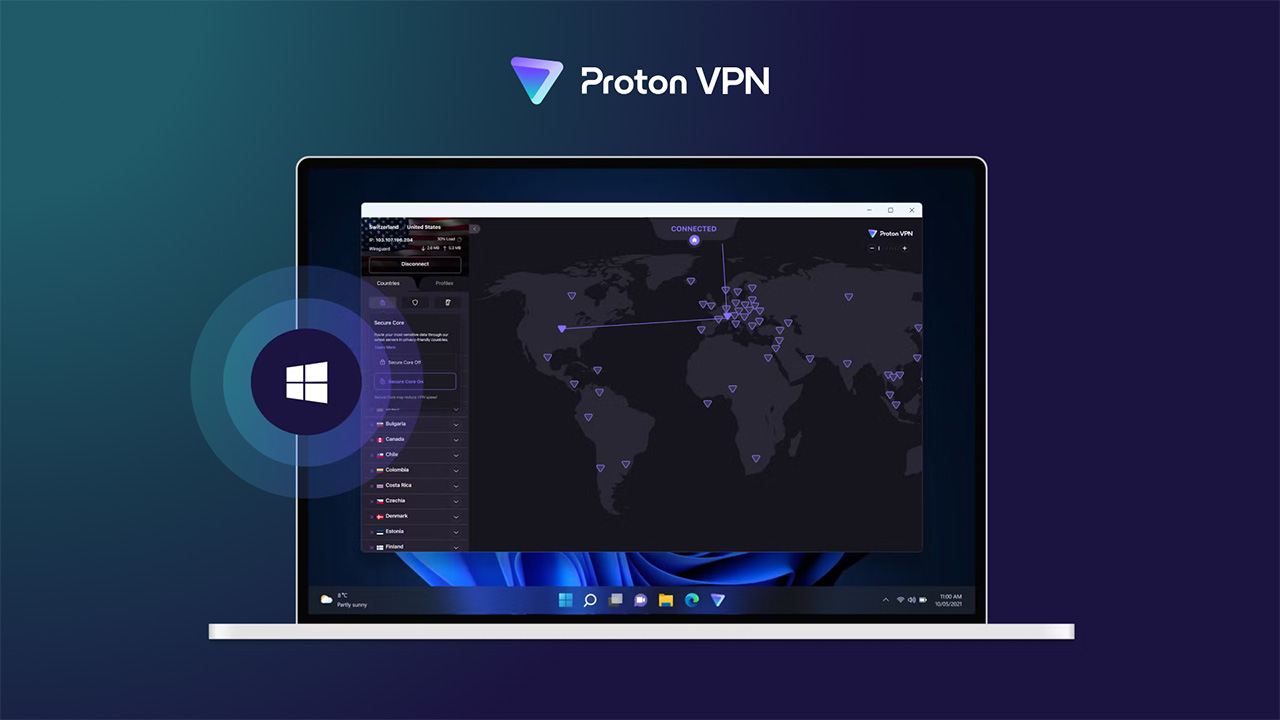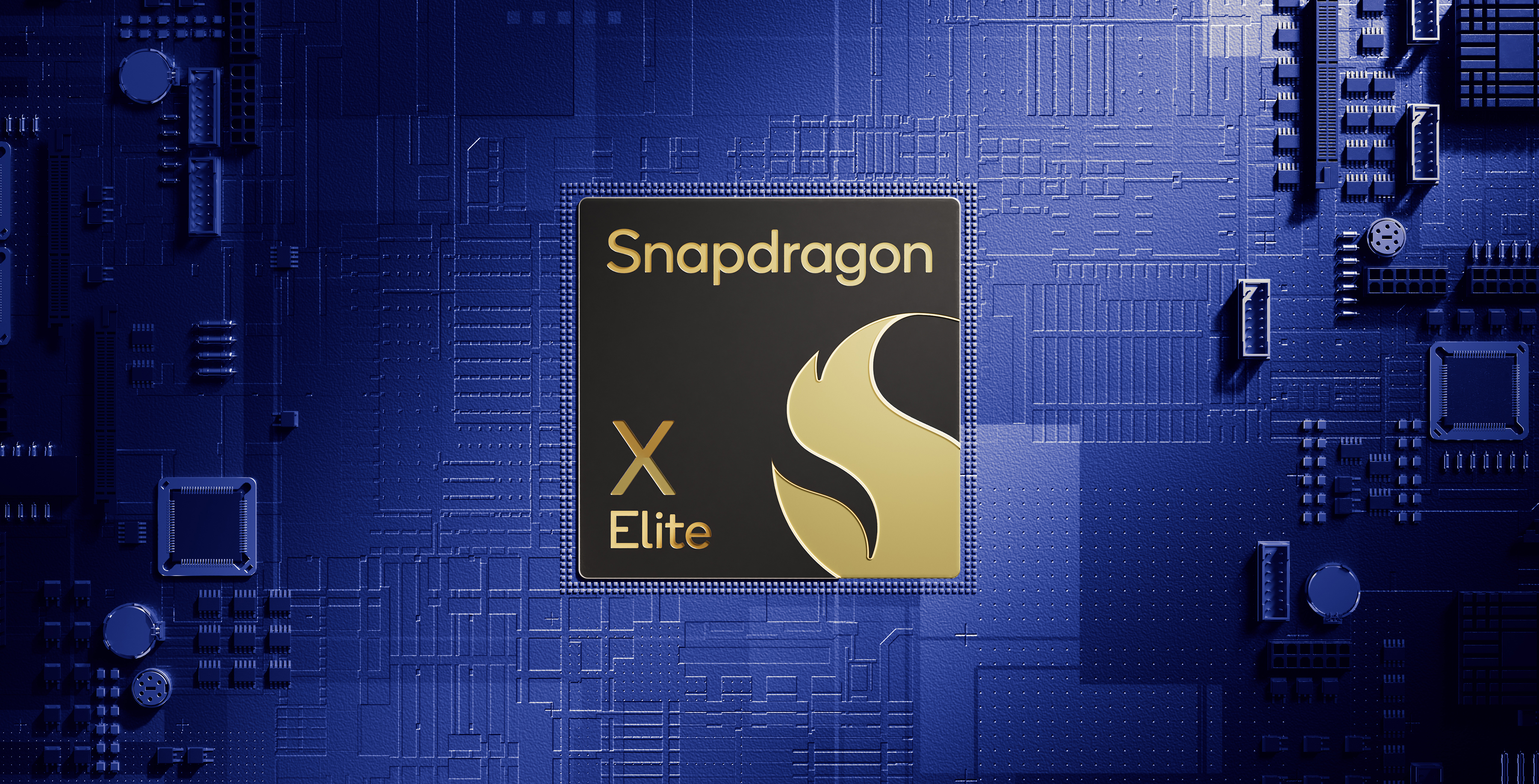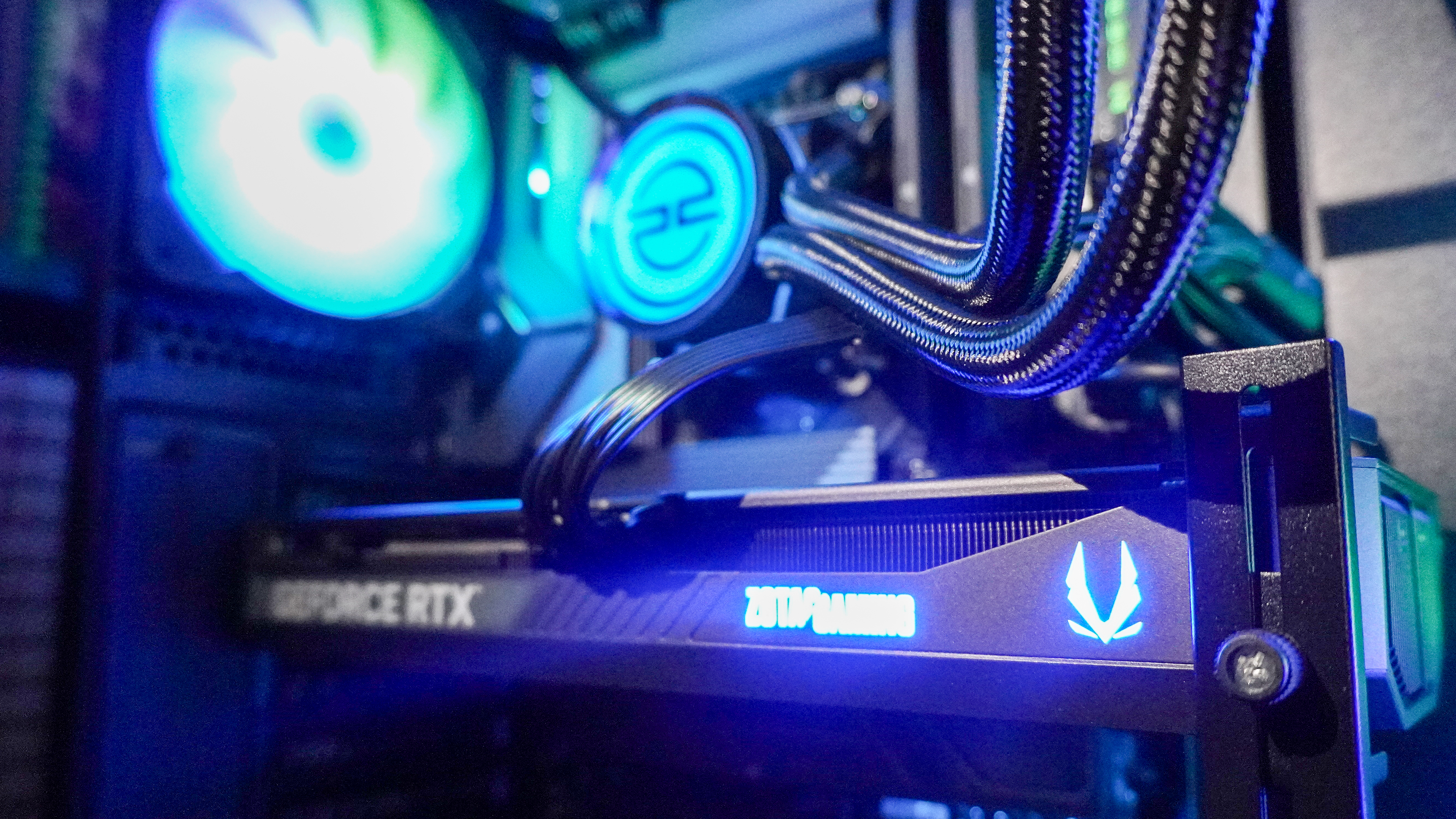Proton VPN launches Arm app for latest Windows devices
The new app enhances privacy and security for Microsoft's latest generation of computers

After a successful Beta period, one of the best VPNs, Proton VPN, has launched its new application for Windows Arm devices, enhancing privacy and security for Microsoft's latest generation of computers.
Advanced RISC Machine (Arm) processors are low-powered and offer high-performance. Thanks to this power-efficiency and scalable performance, they are commonly used in smartphones and tablets.
Major applications and softwares such as Adobe Photoshop, Microsoft Office, and Google Chrome now have native Arm versions for Windows. In response to growing demand, Proton VPN has worked with Microsoft to ensure users can experience secure and private browsing on the latest Microsoft devices.
Proton has also released its product roadmap for winter. This includes IPv6 support in more apps, something currently only available in browser extensions and Linux apps. Port forwarding will be introduced in the Mac VPN application, and Linux will get full support – the feature is currently only available on Windows and partially on Linux. Proton VPN's anti-censorship features will also be expanded, with guest mode for iOS and iPadOS. Finally, some of the most common community requested features will be available through new Windows and iOS/iPadOS apps.
"At Proton VPN, our mission is to make privacy the default for everyone. Windows remains by far the most popular desktop platform in the world, and – moving forward – an increasingly large number of Windows devices will be powered by ARM," says Antonio Cesarano, Product Lead at Proton VPN. "We are proud to be among the first VPN providers to offer an ARM version of its app, enhancing privacy and security for users of Microsoft’s latest generation of computers.”
Problems and solutions
Up until recently, most new Windows devices didn't work with the top VPN brands, including those that ran the impressive Snapdragon X Elite processors. In the absence of native versions, Windows didn't "translate" standard Windows apps to the Arm setup, with the best performance coming only with purpose-built versions. As a result, most VPNs could not run effectively, or even at all on Arm devices. However, this problem has now begun to be addressed by many of the leading VPN providers.

Proton is not the first VPN provider to offer a native application specially developed for Arm-based devices, and is somewhat late to the game compared to its biggest rivals. Surfshark, one of the fastest VPNs in our testing, was one of the first to launch, alongside Windscribe. Private Internet Access (PIA) soon followed, along with ExpressVPN – although ExpressVPN chose to use advanced emulation rather than build a native application. NordVPN was then the latest VPN provider to offer Arm compatibility, with its app announcement back in October.
Previously, the lack of Arm support meant those wanting to protect their internet usage had to purchase laptops that ran Intel or macOS. However, now that almost all our recommended VPNs offer Arm support, you can compare which device best suits your needs, without compromising your data privacy and security.

George is a Staff Writer at Tom's Guide, covering VPN, privacy, and cybersecurity news. He is especially interested in digital rights and censorship, and its interplay with politics. Outside of work, George is passionate about music, Star Wars, and Karate.
